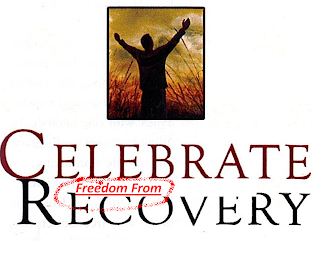I have written before about the concept of autism recovery. Deborah Fein made headlines some time ago by stating a certain percentage of children with autism will indeed recover, and many autism therapies claim recovery with their methods. This percentage sits somewhere (in her estimation) between 10-20% of all cases.
When Alanna was first diagnosed and I learned recovery was even possible, it was my goal for her. We had been very fortunate - we had an early diagnosis and possessed the resources to get intervention very early. Although non-verbal, her initial IQ test showed cognition in the low average range. Alanna is now three years old and will be four years old in November. Though IBI has only been going for 15 months, she has had other interventions for at least two years. Her talking is coming but it is oh so painfully slow, and she is so frustrated by it.
I realize now recovery can't be the only goal. Although I would be thrilled to see it happen, it is not very likely. Once very severely impacted by autism, she is now only moderately affected, but still has difficulties in her day to day activities. Now what we must focus on as parents is to give Alanna as many tools as we can to make her as independent as possible, so that when we are gone, she is secure.
So while I hope for recovery, I plan for complete dependence, and we continue to push her daily to learn new skills and reach out to those around her. It is not defeat, it is prudence. I am not limiting her at all - I am simply trying to be realistic. I hope she will forgive me for it later.

I think she'll thank you for it. It's a fine line to walk. You need to have high standards for yourself in helping her, but reasonable standards for HER, so you don't define any potential outcome but "normality" as a failure on her part. I think that the only loving thing to do is to hope and work for the best, while accepting a full range of potential outcomes.
ReplyDelete